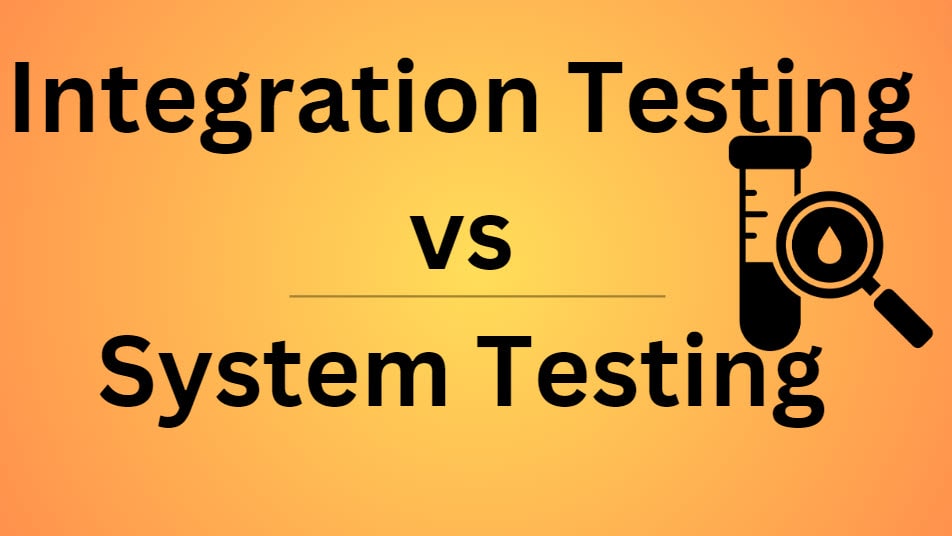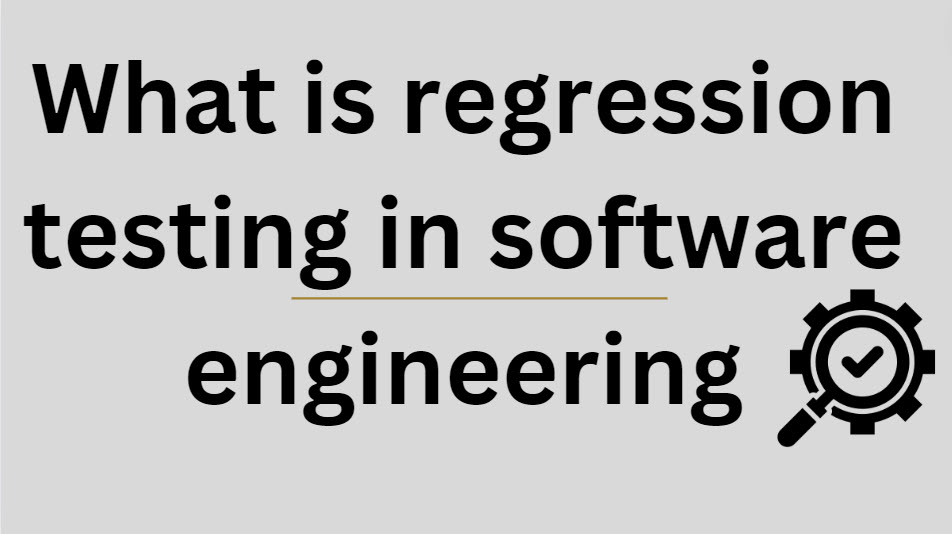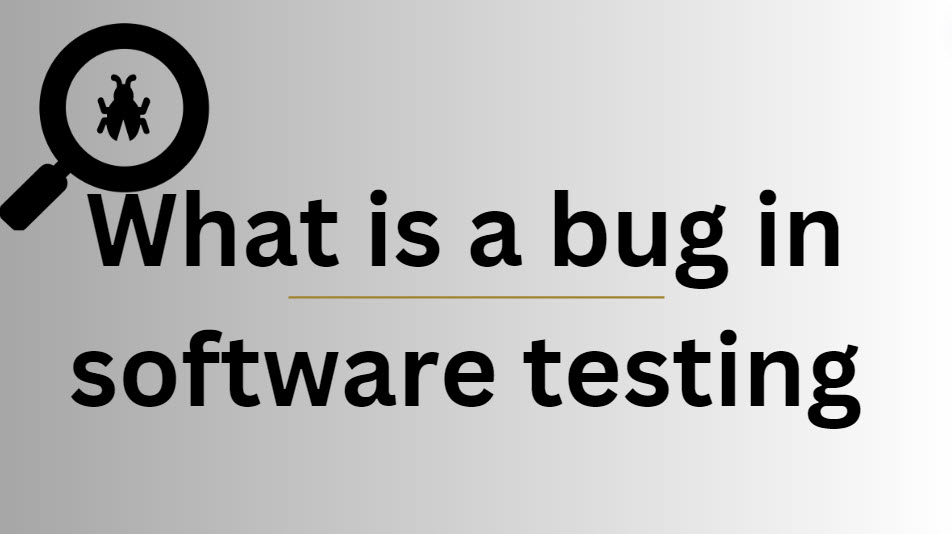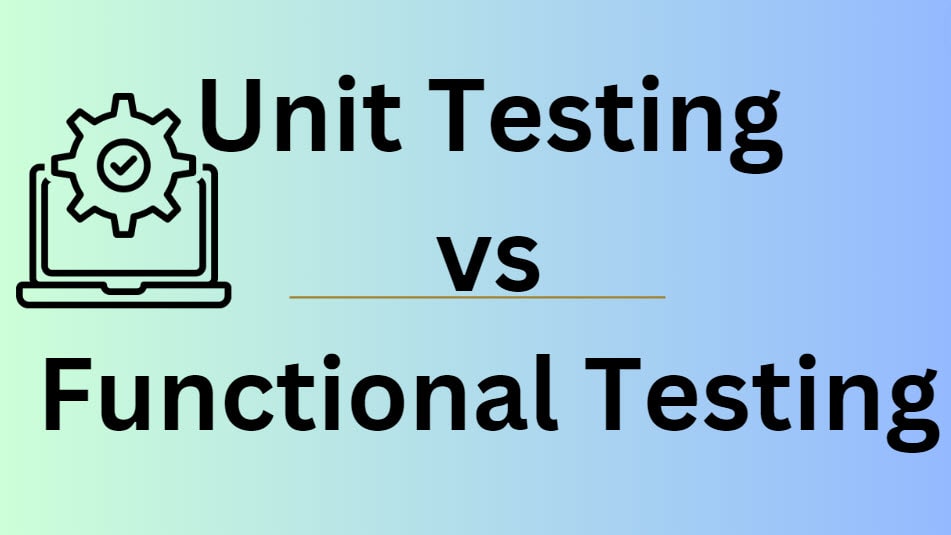Integration Testing vs System Testing
Integration testing and system testing are two important phases in the software testing process, each serving different purposes and occurring at different stages of development. Integration Testing Integration testing focuses on verifying the interfaces and interactions between software components or modules. It typically occurs after unit testing and before system testing. The main goal is … Read more >>









